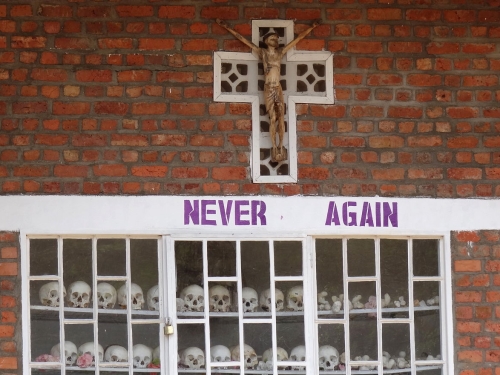
This article was originally published by the World Policy Institute on 30 September 2014.
Even a seasoned follower of political affairs might be excused for struggling to make sense of the seemingly worsening vortex of ongoing armed conflicts. Chances are, given the recent war in Gaza, the promising but still fragile developments in Afghanistan, and the twinned and tragic mess Syria and Iraq has become, his analytic brain might be reasonably overwhelmed.
But, to be sure, in the daily media discourse, some of the complicated nuances of these events have been gaining attention, making their way into public debates and helping form policy positions and diplomatic or military options. In short, news and information consumers are treated to a varied diet in relation to the coverage of world conflicts— most of which, in recent years, have been internal civil wars.
The argument holds, however, only if African civil wars are removed from the list. As it appears, those belong to a different category. For African civil wars, if the dominant media discourse is to be believed, explanations are easy and definitive.
